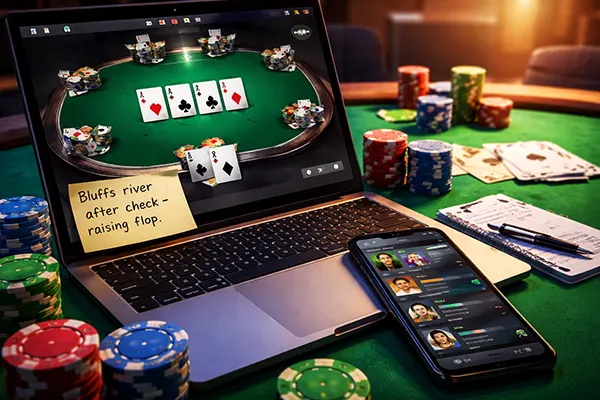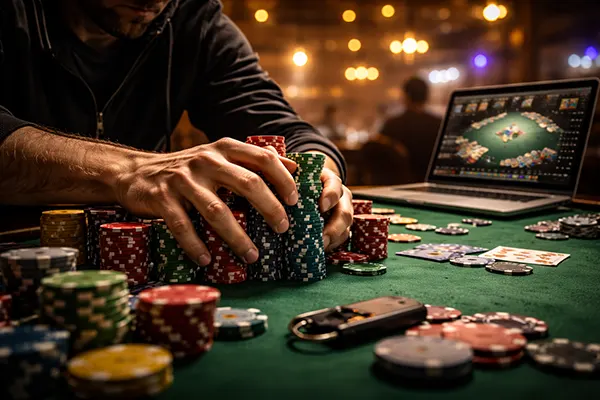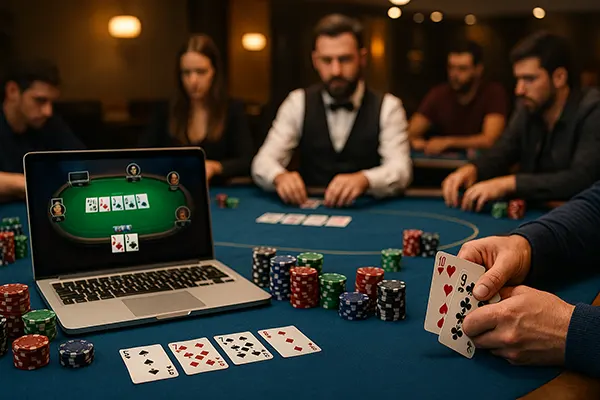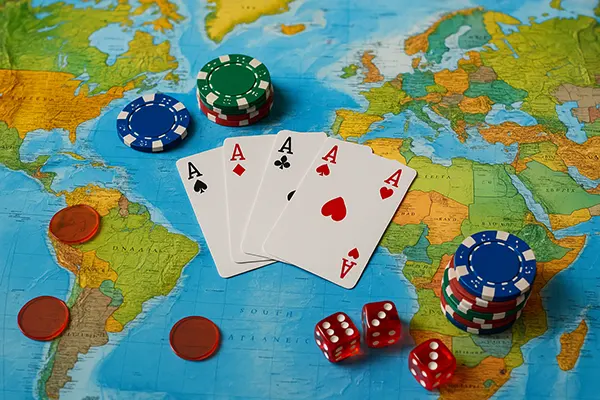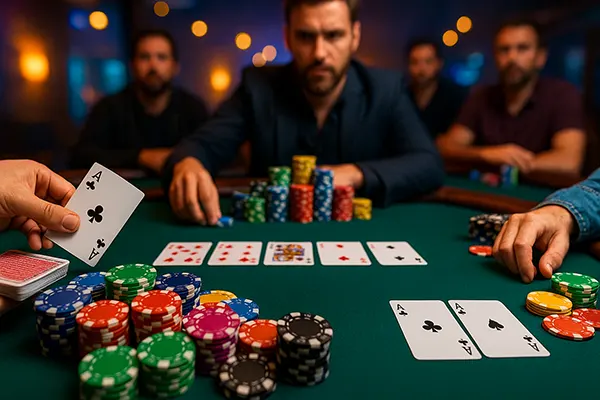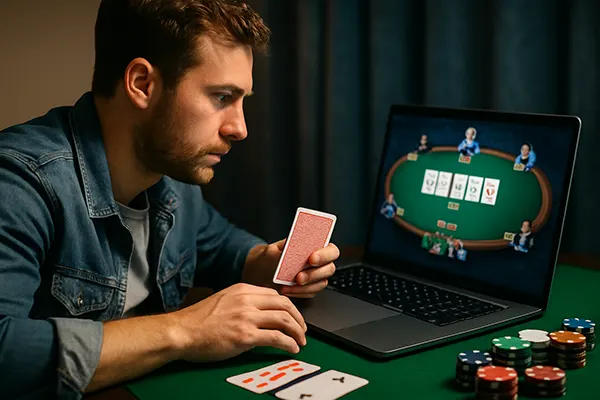
Psychology of “Social Distancing” in Poker: How Online Play Changes Communication
Online poker has not only transformed the way people play cards but also reshaped the very nature of communication between participants. Unlike traditional poker rooms, where face-to-face interactions build atmosphere and trust, the digital environment creates new dynamics. These shifts are deeply psychological, influencing both social behaviours and the strategies that players adopt.
The Shift from Face-to-Face to Screen-Based Interaction
The absence of physical presence in online poker changes the emotional tone of the game. Players no longer rely on body language, gestures, or tone of voice. Instead, they focus on timing, betting patterns, and digital cues. This transition reduces opportunities for interpersonal bonding, while simultaneously intensifying reliance on cognitive rather than emotional signals.
For many players, this environment feels safer because anonymity reduces social pressure. However, this same distance can foster miscommunication or even hostility, as the lack of visible empathy encourages harsher behaviours. The nature of trust also shifts: credibility is no longer about eye contact but about consistent play and reliability.
Psychologically, the brain interprets online exchanges differently. Human connection becomes less about personal charisma and more about statistical logic. The social fabric is thinner, but the strategic framework is arguably more focused and calculated.
Impact on Emotional Engagement
Reduced emotional connection often results in less empathy towards opponents. Players might find it easier to bluff or exploit others without feeling guilt. This detachment allows a sharper focus on strategy but reduces the cooperative or social dimension of poker. Emotional distance makes interactions transactional rather than relational.
Nevertheless, the lack of face-to-face stressors also benefits introverted players, who may perform better without the anxiety of in-person confrontation. Online settings provide them with a controlled space to practice and develop skills without the burden of constant observation.
In the long term, this shift may influence how new generations of poker players perceive the game—not as a social gathering but as an intellectual exercise rooted in probability and psychology.
Group Dynamics and the Online Poker Community
While physical poker rooms foster camaraderie, online environments develop different types of group dynamics. Digital communities, forums, and streaming platforms have replaced casual table talk, creating decentralised but highly active communication hubs. These networks allow players to share strategies, but the dialogue is less personal and more analytical.
The sense of belonging is maintained, yet often fragmented. Players identify not with a specific casino or poker room but with online communities that gather around forums, Twitch channels, or social media. Here, communication is asynchronous, meaning responses are delayed and less emotionally charged.
This restructuring of group dynamics highlights a paradox: although poker is increasingly solitary at the table, it is more interconnected globally. Players can interact with opponents from every continent, broadening perspectives while diluting the depth of one-to-one engagement.
The Rise of Pseudonymity
Screen names and avatars replace real identities, which alters how players interact. Pseudonymity encourages boldness, experimentation, and risk-taking behaviours. At the same time, it reduces accountability, which can lead to toxic communication or manipulative practices.
However, pseudonymity also levels the playing field. Status symbols such as appearance, attire, or reputation in a physical room hold less weight. Instead, skill and results become the primary markers of respect, shifting the power dynamics of the poker community.
This evolution mirrors wider online culture, where identity is fluid and trust is built through reputation systems and accumulated performance rather than immediate social cues.

Psychological Adaptations and Future Outlook
Players must adapt psychologically to the new environment. The absence of physical presence means that cues for decision-making are reduced, and cognitive strategies must be sharpened. Skills like patience, pattern recognition, and emotional self-regulation gain even more importance in digital contexts.
Another key adaptation is resilience against isolation. Since online poker lacks the social richness of live play, some players experience loneliness or detachment. To counter this, many integrate participation in online communities or combine play with social streaming to regain a sense of connection.
Looking forward, technological innovations such as virtual reality and AI-driven communication tools may restore elements of in-person interaction. However, the long-term trend suggests that poker will continue to emphasise logic over social bonding, redefining the psychological experience of the game.
The Balance Between Isolation and Globalisation
The paradox of online poker lies in its dual capacity to isolate and connect. On one hand, the solitary nature of screen-based play removes the warmth of direct human contact. On the other hand, the global nature of online networks expands the player base and creates unprecedented opportunities for interaction.
From a psychological perspective, this balance requires adaptation. Players must consciously choose whether to treat the game as a social hobby or a competitive, isolated pursuit. The tools available today—chat systems, streaming, and online forums—can help bridge the gap, but they demand active engagement from participants.
Ultimately, the future of poker communication will depend on how technology evolves and how players themselves define the purpose of the game: as a community-driven activity or as a solitary battle of intellect.

